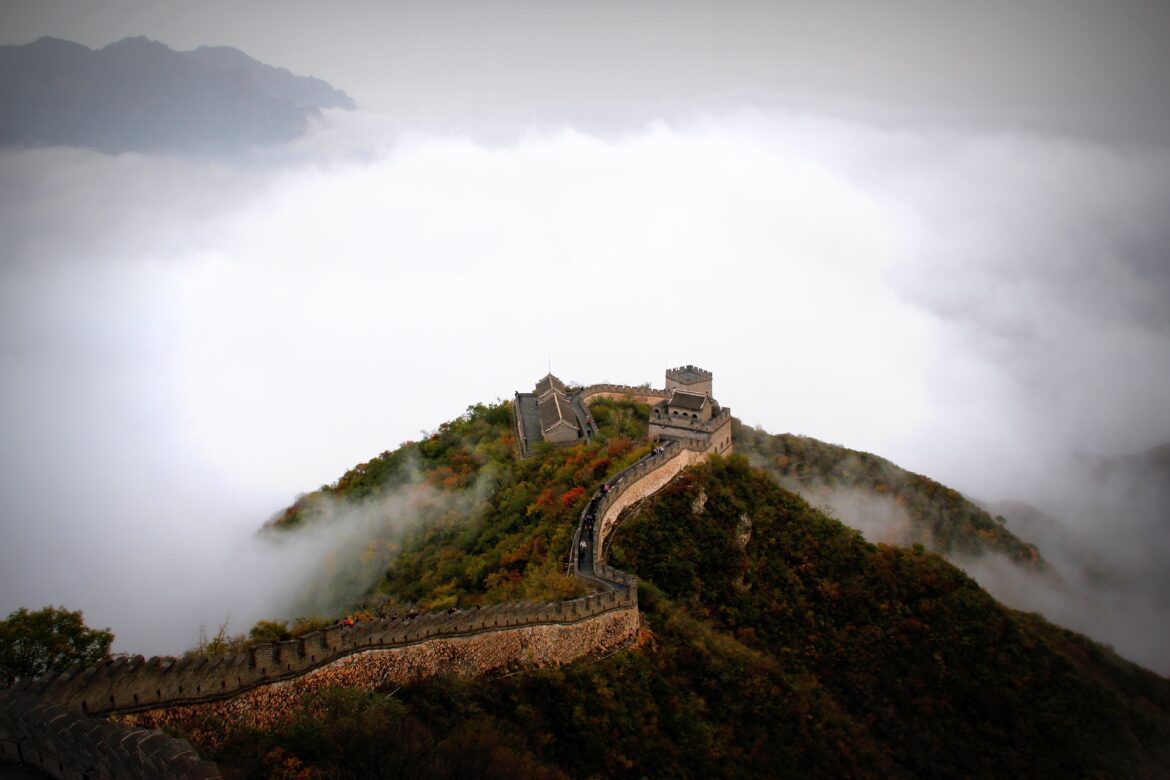Facts you should adhere to before traveling to China
- About China
- Best Time to Visit China
- Eating and Drinking in China
- Restaurants and Eating Out
- Crime and Personal Safety
- Money and Banks
- Festivals in China
- Corona Virus and Travel Safety
About China
- China is the largest country in the world and the most populated, with almost 1.35 billion people, with a total size of 9.6 million square kilometers. Ninety-two percent are Han ethnic people, and the remaining sixty are minorities, including the Mongols, Uyghurs, and Tibetans.
- Although the nation is officially secular, Buddhism, Taoism, and Christianity are the three most prominent religions.
- The Yangzi River (6275 km) is China’s longest river, while Mount Everest (8850 m) is located on the Nepalese border as Qomolangma.
- The only political entity is the Chinese Communist Party, which is split into the executive, legislative, and judicial branches. The National People’s Congress elects the President and the Premier for five-year terms as heads of state and government.
- The economy is currently mixed, with nationally owned businesses on the decline and free-market concepts being widely accepted after decades of state planning.
Best Time to Visit China
The three Yangzi cities of Chongqing, Wuhan, and Nanjing are figuratively known as China’s three “furnaces” because of their long, hot, humid summers and short, frigid winters with temperatures that plunge below zero. Here, it rains a lot year-round. Central heating is installed as standard in buildings roughly beyond the Yellow River basin, which helps to lessen the severity of the region’s cold winters. Summers in Beijing can reach well over 30°C, but winters there rarely go above freezing from December to March, and piercing winds of the Mongolian plains add a terrible wind-chill effect. Winters in Inner Mongolia and Dongbei are at least clear and dry, although temperatures are still well below zero, and summers can be uncomfortable heated.
Eating and Drinking in China
The Chinese have a passion for food, and they have one of the best cuisines in the world, from the simple buns and soup from the market to the subtle differences in regional cooking. Meals are regarded as social events; thus, the procedure is designed to allow a group of diners to share various meals with their friends. Any market stall will have fresh ingredients, but you will only have a few chances to cook for yourself if you aim to stay in the country for a while.
In China, water is widely available, but you should never drink it straight from the faucet. It is usually possible to purchase bottled spring water at station kiosks and shops, and boiled water is always available in hotels and trains, either in the form of a vast vacuum flask or an urn.
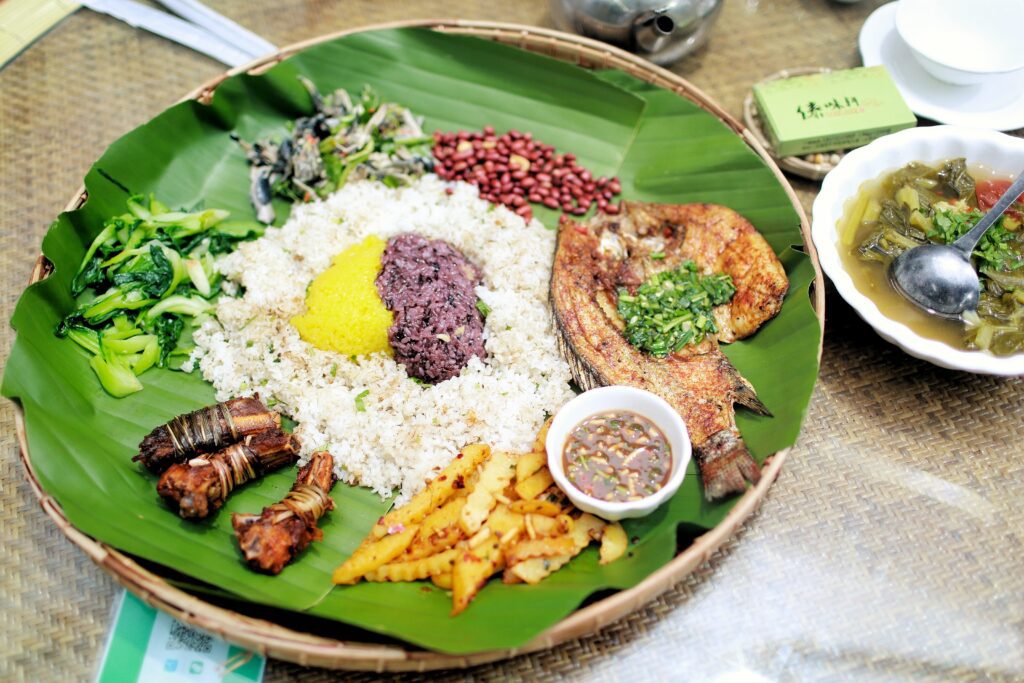
Since ancient times, tea has been consumed in China as a therapeutic beverage. Teahouses, which historically held the same status in Chinese society as the neighborhood bar or pub in the West, have developed over the years as a complete social culture centered around this beverage. In southern China, tidy rows of low tea bushes are planted in plantations that line the hillsides, and the liquid is eagerly sipped everywhere from Hong Kong to Beijing, from the heights of Tibet, where it is combined with barley flour and butter.
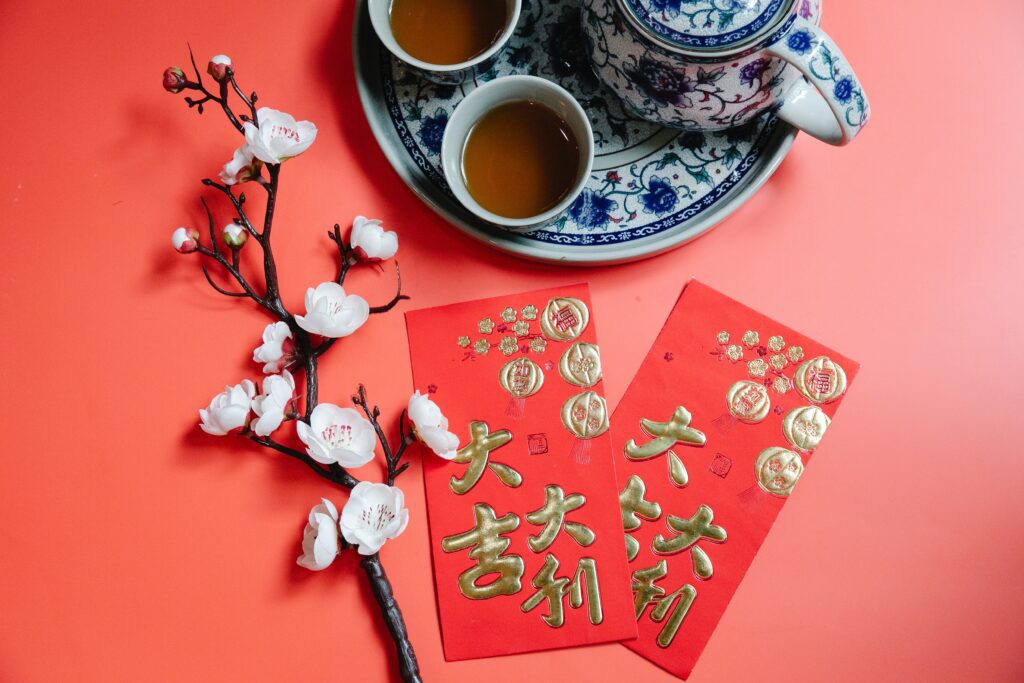
Restaurants and Eating Out
In contrast to the frequently quiet Western standard, good restaurants are typically lively, bright spaces with a renal, or “hot and noisy,” favored environment. Prices at these venues vary widely, but even those that appear to be pricey charge only $20 to $50 for the main meal, and portions are frequently large. The cheapest hole-in-the-wall canteens are inevitably rudimentary, with simple meals costing a few yuan a serving and often tasting better than you’d think from the decor.
The employees will yawn and sweep the garbage off the tables around your ankles after dinner. While the less expensive locations may have longer hours, restaurants open early and close quickly. Breakfast hours are from 6 to 9 am, lunch is from 11 to 2 pm, and dinner is from 5 to 9 pm.
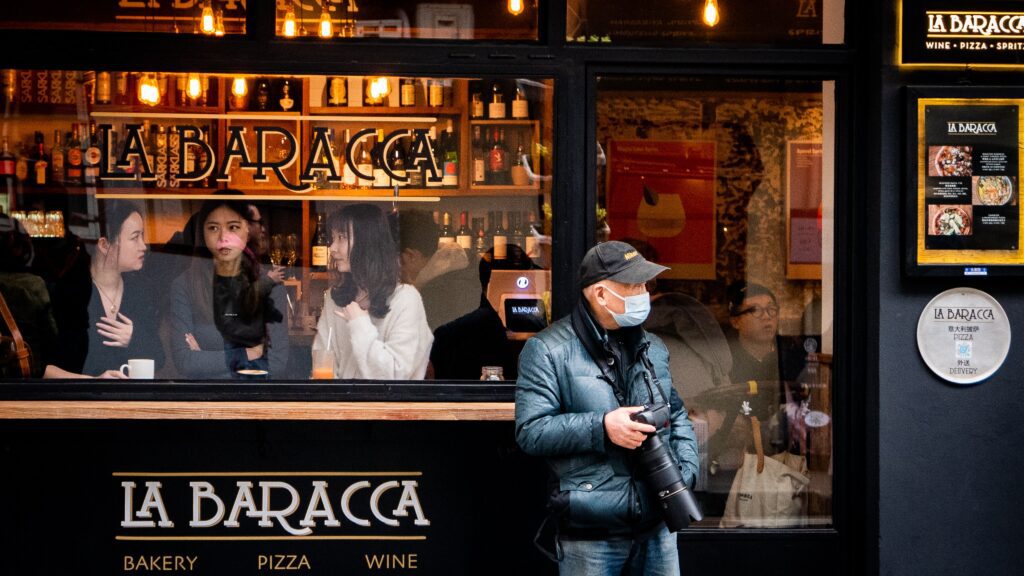
Crime and Personal Safety
Even if getting cheated or having your pocket stolen on a bus is usually the worst thing forthing for travelers to China, you still need to exercise caution. Keep your passports, cash, and phone in a hidden money belt. Keep some foreign currency, such as $200, apart from the rest of your money, along with information on your insurance policy, passport and visa photocopies, and some foreign notes. Be cautious when traveling by bus, a favorite destination of pickpockets, and by rail, especially in hard-seat class and on overnight trips.
There should be a safe at every hotel, yet it happens occasionally. Crossing a street is one of the nastiest things you can do in China. Even when traffic lights flash green to indicate it is safe to travel, cars are still allowed to turn into or off the road. InHotel rooms are generallyecure, but dorm rooms are significantly less so; frequently, it’s your other travelers who are the issue here.
Money and Banks
Compared to the rest of Asia, China is an expensive place to go. Although food and transportation are affordable, lodging can be expensive for what you get, and entrance prices to temples, beautiful homes, and historical monuments are rising even globally. The central government is attempting to convince local authorities to lower these rates (with little effect so far). Hong Kong and Macau are as expensive as Europe or the US, while the industrialized eastern provinces are expensive by Chinese standards. Prices decrease as you travel further West.
Many attractions offer discounts for the elderly and students, though some locations, even within the same city, may require students to show their Chinese student ID. Pensioners frequently only need to show their passports as proof that they are over 60 (for women) or 65 (for men).
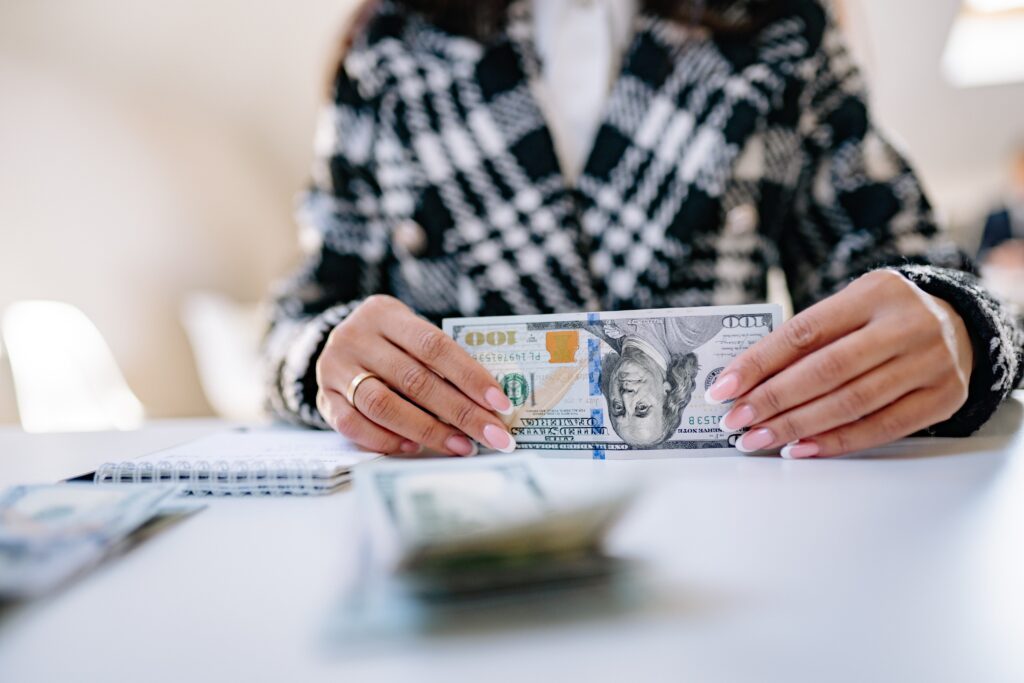
Festivals in China
China has numerous secular and religious festivals, two of which—the Spring Festival (Chinese New Year) and National Day on October 1—involve significant national holidays. Avoid traveling during these periods, as the nation’s transportation system is congested.
Most festivals follow the lunar calendar used in China, where the full moon occurs in the middle of the month and the first day of the month is when the moon is at its thinnest. Eight is regarded as a lucky number in China; therefore, festivities that mark the change of the seasons or auspicious dates, like the eighth day of the eighth month, typically involve gift-giving, family gatherings, feasting, and the lighting of fireworks. Such festivities follow the Gregorian calendar, which is used in the West. For the most recent dates, check online.
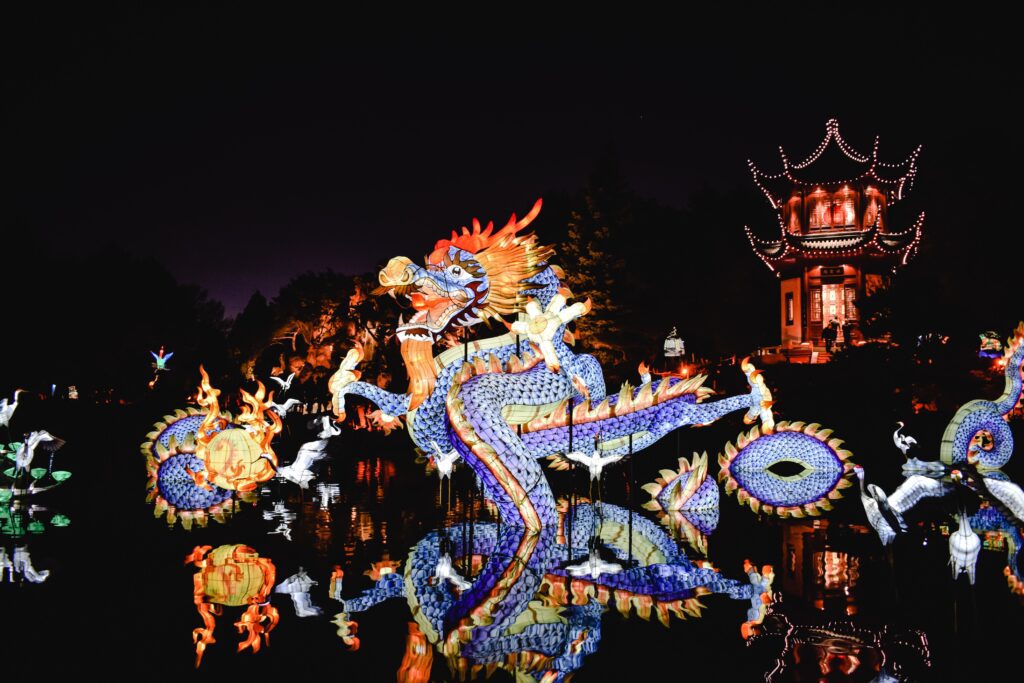
Corona Virus and Travel Safety
The Foreign and Commonwealth Office is warning against all but necessary travel to the nation due to the recent coronavirus epidemic in Hubei Province. British Airways has canceled all domestic and international flights except for those to Hong Kong. Level 3 warnings have been issued by the US Centers for Disease Control, urging Americans to postpone their travel plans. Australian government officials advise citizens to reconsider visiting the remainder of mainland China and to avoid Hubei Province.

